Oil price posts two-year highs - but how long can it last?
Brent rose above $59 a barrel this week, its best third-quarter showing since 2004

A free daily email with the biggest news stories of the day – and the best features from TheWeek.com
You are now subscribed
Your newsletter sign-up was successful
Oil price up more than 10% on production cap rumours
15 August
The oil price is continuing to enjoy a rally on the back of speculation that the world's largest oil-producing nations will agree to cap their output next month.
However, at the beginning of this month, some of the smaller Opec members that have suffered the most from the two-year slump, such as Venezuela, Ecuador and Kuwait, refloated the idea of a cap to be discussed at an informal meeting in Algeria next month.
The Week
Escape your echo chamber. Get the facts behind the news, plus analysis from multiple perspectives.

Sign up for The Week's Free Newsletters
From our morning news briefing to a weekly Good News Newsletter, get the best of The Week delivered directly to your inbox.
From our morning news briefing to a weekly Good News Newsletter, get the best of The Week delivered directly to your inbox.
Hopes this is more than mere fantasy were boosted by both Saudi Arabia, the de facto Opec leader, and Russia, the biggest producer outside of the cartel, saying they could be willing to support a cut and would be present at the talks.
International oil price benchmark Brent crude rose almost one per cent overnight to hit a high of $47.40 a barrel. It was holding above $47 a barrel this morning, gaining around 11 per cent for the month of August so far.
Its US counterpart, West Texas Intermediate, has been under more pressure and its rebound has not been as strong, but at more than $44.50, is still up around seven per cent in the month.
There has been no new information to fuel ongoing rumours and analysts remain sceptical after a similarly strong rally in the lead up to a meeting in April, at which an output cap was also to be discussed, ended in disappointment and a sharp price fall.
A free daily email with the biggest news stories of the day – and the best features from TheWeek.com
In fact, many are continuing to focus on what they see as bearish supply fundamentals that could indicate this latest rise will prove short lived.
Last week, the count of active US drilling rigs rose for the seventh consecutive week, reports TheStreet, while reports claim Opec output hit a new record in July. A cap at these levels could just entrench oversupply, say some.
"Fundamentals tend to be a stronger driver medium term and the picture appears skewed negative over the coming months," US bank Morgan Stanley told Reuters.
Oil price jumps as Saudi Arabia fuels production cap rumours
15 August
Oil prices leapt four per cent on Thursday and hit a three-week high in intraday trading in New York last night after Saudi Arabia sparked more rumours of action to cap production.
Saudi Arabia's energy minister, Khalid al-Falih, said members of the Opec cartel and other major producers would "discuss the market situation, including any action that may be required to stabilize prices", during an informal meeting next month in Algeria, says Reuters.
Brent crude, the international benchmark used to set prices in the North Sea, hit $46.66 a barrel at one point yesterday, while this morning in London, it was holding above $46. Its US counterpart, West Texas Intermediate, was up 0.6 per cent this morning to $43.77 a barrel.
Rumours of a production cap are often enough to spur a strong rally for oil and the same has been true this week – even despite the fact that few analysts expect it to yield an eventual deal.
Opec members held similar discussions in the lead up to a meeting in Doha, Qatar, in April, which was one of the reasons behind a recovery in the oil price to above $50 a barrel. However, the talks yielded nothing as Saudi Arabia and Iran resumed their product turf war.
This time, analysts are pointing to the record monthly output by Saudi Arabia in July as indicative of its intentions. Even if it did cap at these high levels, it is questionable this would solve the ongoing supply overhang that is depressing prices.
US drillers have returned to the market since the oil price recovered from a 13-year low below $30 in February, while Opec production more widely is higher on the back of increases in Nigeria and Iraq.
Moreover, the demand side of the equation is looking more bearish. Yesterday, the International Energy Agency downgraded its forecast for demand growth next year, while Reuters reports implied demand in China fell in July to its lowest for two years.
But analysts at Bernstein say the market was closer to balance – and Phil Flynn, a senior energy analyst at Price Futures Group, said its failure to "follow through on bear market closes" means oil could have found its bottom at around $40 a barrel.
Oil price down again as Saudi Arabia output hits new record
11 August
The oil price took a negative turn again overnight and on Thursday morning in London after Saudi Arabia revealed production hit a new record rate last month.
International benchmark Brent crude was down 0.3 per cent this morning to below $44 a barrel. Its US counterpart, West Texas Intermediate, was down 0.5 per cent to $41.50.
A glut of negative news is weighing on the market. US watchdog the Energy Information Administration reported that domestic raw crude stockpiles rose 1.1 million barrels last week, far worse than expectations for a one million barrel draw.
This outweighed a big reduction of 2.8 million barrels in petrol stocks, says Reuters, with even gasoline futures falling sharply in New York trading last night.
Investors have been weighing divergent trend in reserves in the past couple of months, as heavy refinery activity has eaten into raw crude stocks but resulted in a glut in refined products.
There is a sense that this trend has reversed in the past two weeks – but that one way or another, it points to underwhelming demand, hitting hopes that a prolonged period of oversupply is coming to an end.
Emphasising bearish sentiment on demand, the International Energy Agency today downgraded its forecast for demand growth next year, from 1.4 million barrels a day to 1.2 million barrels.
"The massive overhang of stocks is… keeping a lid on prices, with both newly produced and stored crude competing for market share in an increasingly volatile refinery margin environment," said the IEA.
However, the biggest influence on the oil price is most probably the revelation that Saudi Arabia's output last month surged 123,000 barrels per day to hit 10.67 million barrels, a new record.
This provides "proof that Saudi Arabia is more interested in trying to kill competition in the oil industry at the expense of cratering oil prices", says Business Insider. It also comes amid reports that Opec production overall is soaring.
Helping to prevent a steeper decline in the oil price is ongoing speculation that an Opec meeting next month could yield a production cap, which analysts believe will hold Brent above $43.
Oil price hit as US watchdog ups its output forecast
10 August
The oil price bucked a multi-session rally overnight and was falling again in London trading this morning, as a forecast for higher-than-expected output in the US hit sentiment over supply.
A report from the Energy Information Administration (EIA) says a six-week increase in the number of active shale-oil drilling sites will mean the decline in production will ease in the second half of this year and throughout 2017.
It now expects US output to average 8.7 million barrels a day this year and 8.3 million barrels a day in 2017, up from prior forecasts of 8.6 and 8.2 million respectively, reports the Wall Street Journal.Oil fell during 2014 and 2015 as the Opec cartel scrapped its policy of restraining supply to support prices in order to fight off the threat from the booming US shale sector.
International oil price benchmark Brent crude hit a low of around $27 a barrel in February. It has since rebounded and spent time above $50 a barrel during two rallies in the spring and early summer. Having achieved unprecedented efficiencies in production, much more US oil production is profitable at this level than previously thought possible.
Brent was trading down 0.9 per cent at $44.58 a barrel at around 10.45am today. Its US counterpart, West Texas Intermediate, was down 1.2 per cent to $42.28.
Exacerbating the negative mood was data from the American Petroleum Association showing a surprise build in US raw crude oil reserves last year of 2.1 million barrels. Analysts polled by Reuters had expected a draw of more than one million barrels.
Brent was further weighed down by a report from Reuters that floating storage off the UK coast has grown to a "not common" ten million barrels.
Helping to prevent steeper declines was continued speculation of an Opec meeting next month that could yield action to cap production and support prices, although analysts this this unlikely.
A report from the EIA later today is expected to show a drop in crude oil reserves at the main US delivery hub, along with a steady decline in petrol stocks. Big builds in refined products are cited as a sign of underlying weak demand.
Why Opec might finally step in to support the oil price
09 August
Opec could finally be set to step in and artificially support the oil price.
It was reported last week that Opec members Venezuela, Ecuador and Kuwait, who have been hard hit by the two-year price slump, were pushing for fresh talks on a cap on production, which reports suggested surged again in July.
Yesterday, Opec's president, Mohammed bin Saleh al-Sada of Qatar, confirmed an informal meeting of the cartel's 14 member countries will take place on the sidelines of the International Energy Forum in Algeria next month, reports the Wall Street Journal.
He added: "Opec continues to monitor developments closely and is in constant deliberations with all member states on ways and means to help restore stability and order to the oil market."
Those comments helped to boost optimism that a deal might be in the offing after similar talks yielded failure in April. International benchmark Brent crude was back above $45 a barrel in London this morning, while West Texas Intermediate rallied to above $43.
The case was bolstered further by a statement from Russia's energy minister, Alexander Novak, that the country, the largest oil producer in the world outside of Opec, would be willing to agree a cap with the group if oil prices were to fall further.
"Even talk of a new mechanism would be enough to change the sentiment if you have people thinking Opec might be out there and be relevant again," Helima Croft, Royal Bank of Canada's head of commodity strategy, told CNBC.
"The thing I took away… was they were saying, 'Don't assign us to the dustbin. We're still relevant.'"
Again Capital's John Kilduff said the cartel might be more inclined towards a deal this time around as Iran is close to returning to the export levels it enjoyed pre-international sanctions and so might drop its opposition.
But he warned Opec production is still at record high levels and US drilling is rising again, with any move higher in the oil price only likely to bring more producers back online.
"So much of this is a joke. If they strike a freeze at these levels, we're at record [production]. Saudi [Arabia] is at 10.5 million [barrels]. Iran is coming back and if the hike in US rig counts keep coming, it's more of the same," Kilduff said.
-
 What to know before filing your own taxes for the first time
What to know before filing your own taxes for the first timethe explainer Tackle this financial milestone with confidence
-
 The biggest box office flops of the 21st century
The biggest box office flops of the 21st centuryin depth Unnecessary remakes and turgid, expensive CGI-fests highlight this list of these most notorious box-office losers
-
 The 10 most infamous abductions in modern history
The 10 most infamous abductions in modern historyin depth The taking of Savannah Guthrie’s mother, Nancy, is the latest in a long string of high-profile kidnappings
-
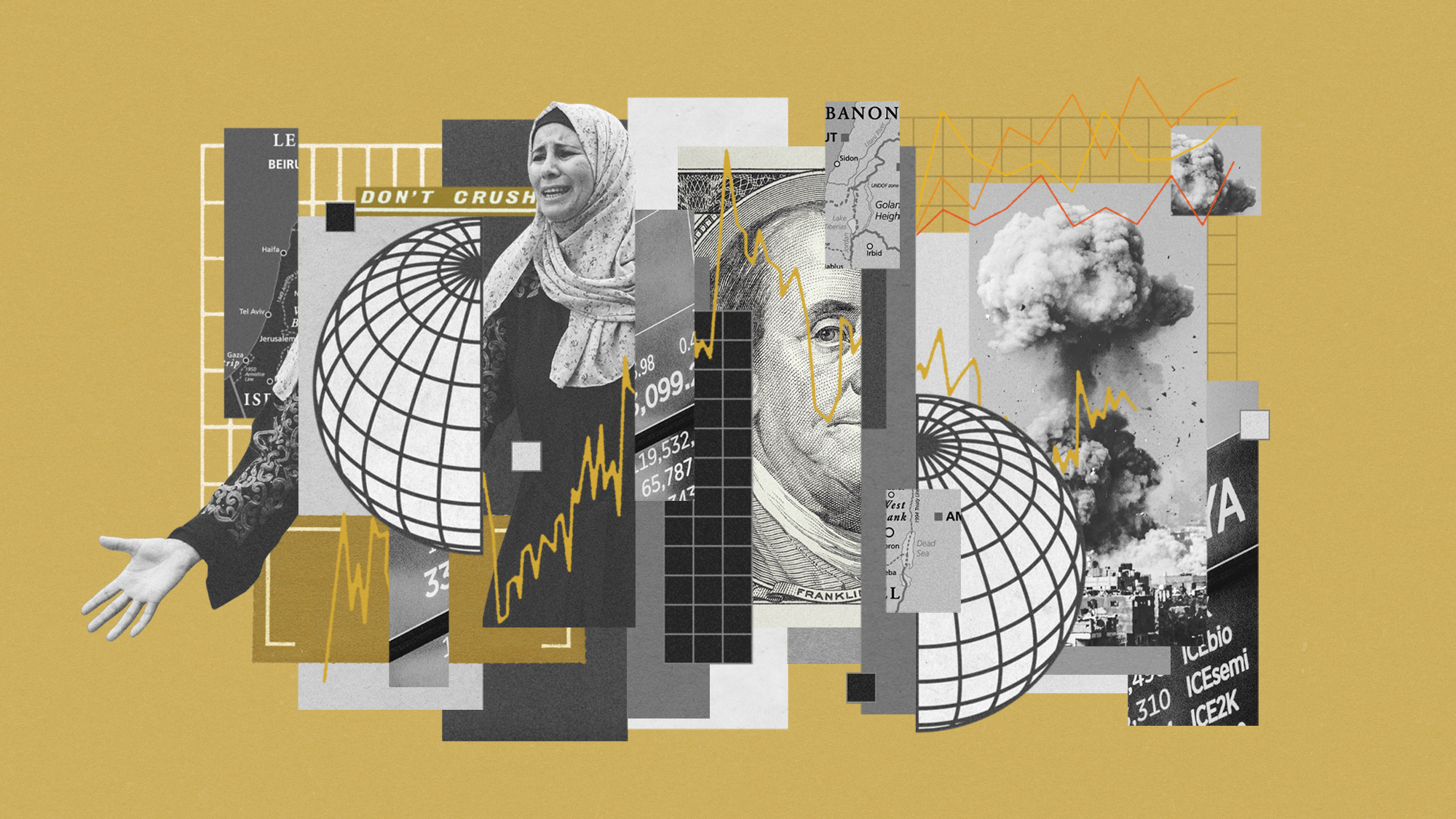 How might the Israel-Hamas war affect the global economy?
How might the Israel-Hamas war affect the global economy?Today's Big Question Regional escalation could send oil prices and inflation sky-high, sparking a worldwide recession
-
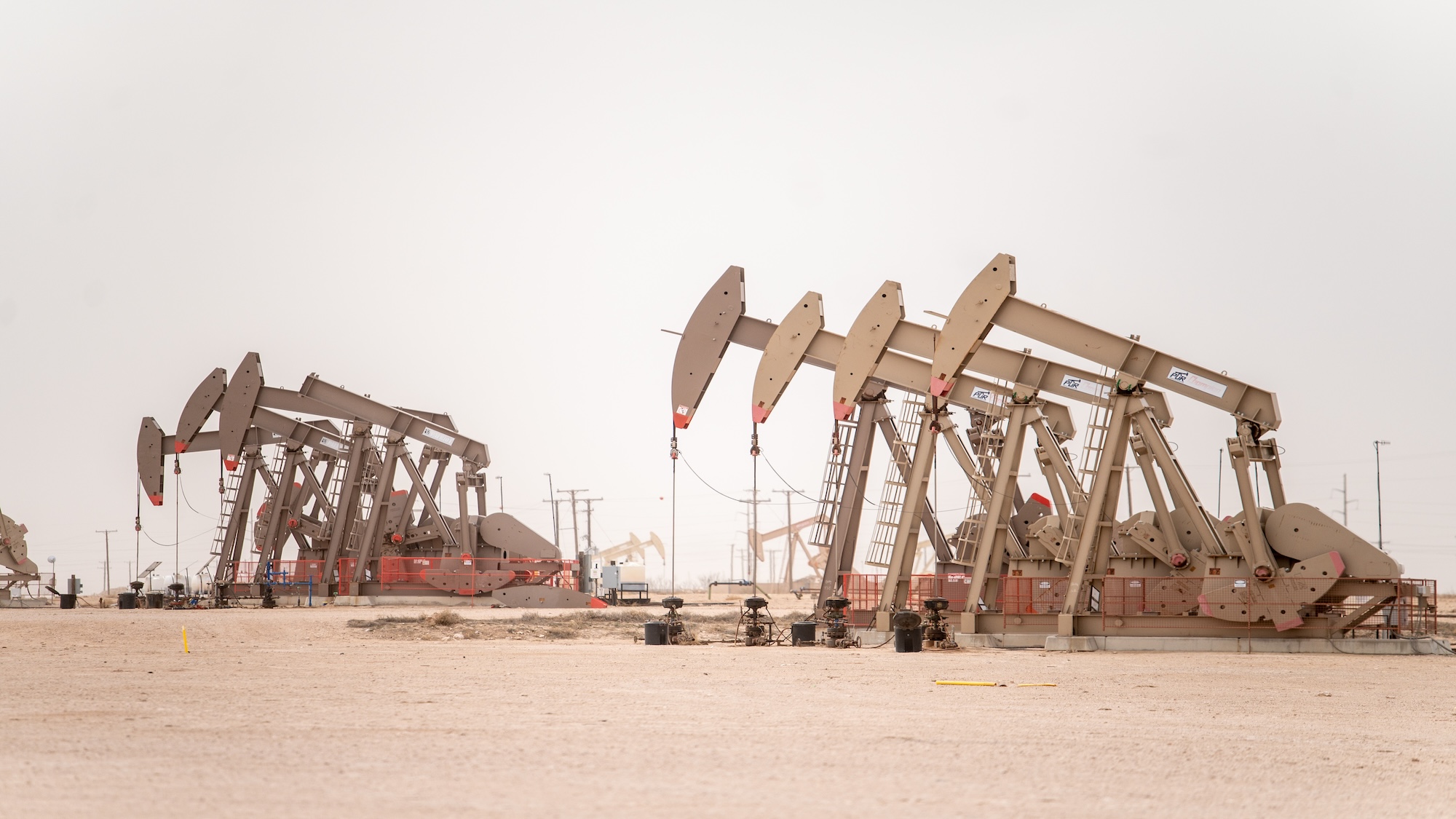 Recent mega-mergers could signal a turning point for the US oil industry
Recent mega-mergers could signal a turning point for the US oil industryTalking Point Both Chevron and Exxon have recently spent billions to acquire smaller oil companies
-
 Has Saudi Arabia lost control of oil prices?
Has Saudi Arabia lost control of oil prices?Today's Big Question Kingdom goes it alone to cut production, risking tension with US and reigniting cooling inflation in Europe
-
 US angered by Opec+ oil cut
US angered by Opec+ oil cutSpeed Read Energy prices to rise further as producers slash supply by two million barrels a day
-
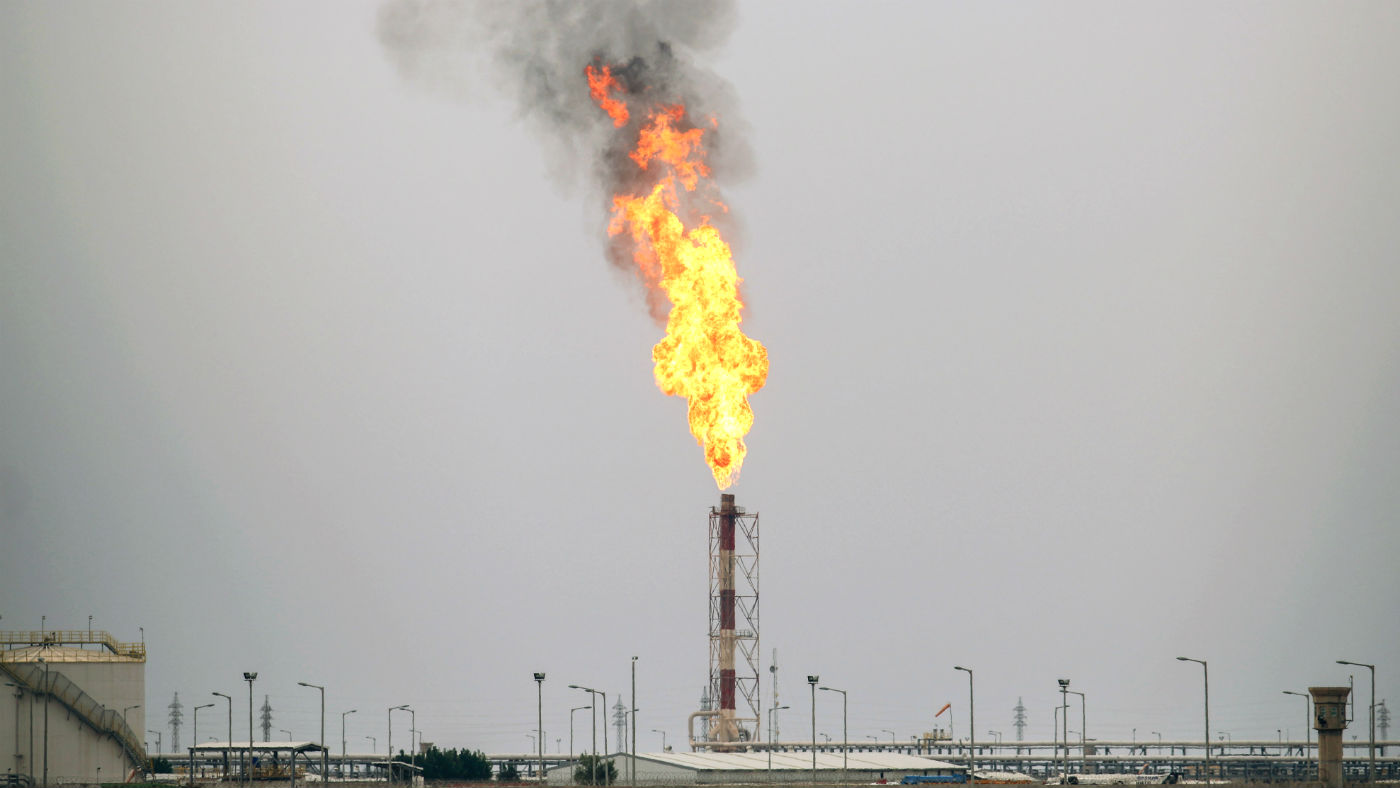 Global oil demand forecast lowered for 2020 and 2021
Global oil demand forecast lowered for 2020 and 2021Speed Read IEA report says jet fuel demand remains the major source of weakness
-
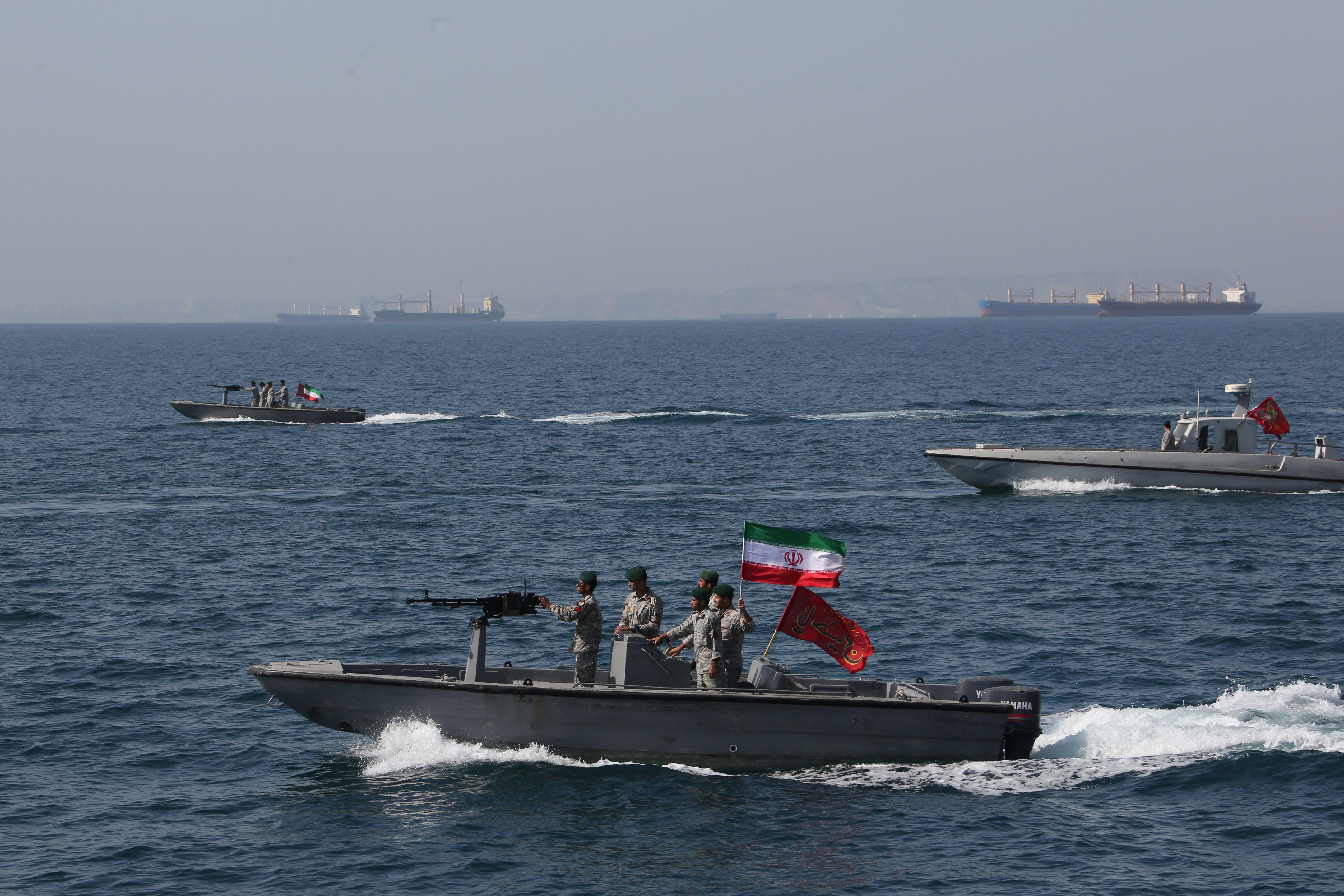 Are US-Iran tensions flaring again?
Are US-Iran tensions flaring again?In Depth Trump threatens military action over Twitter
-
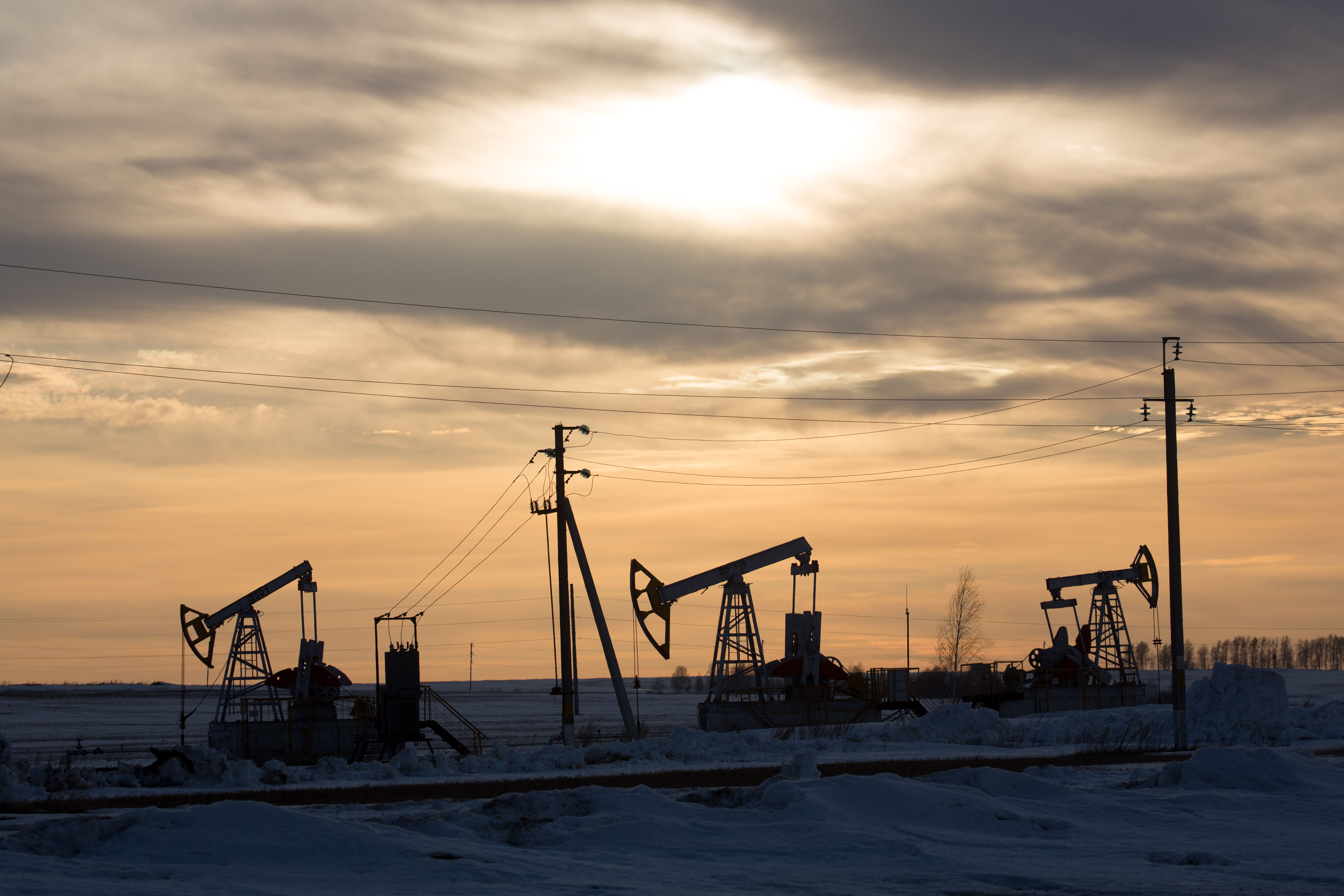 Can a deal be struck to raise oil prices?
Can a deal be struck to raise oil prices?In Depth Opec+ will convene today over video link in a bid to boost crude
-
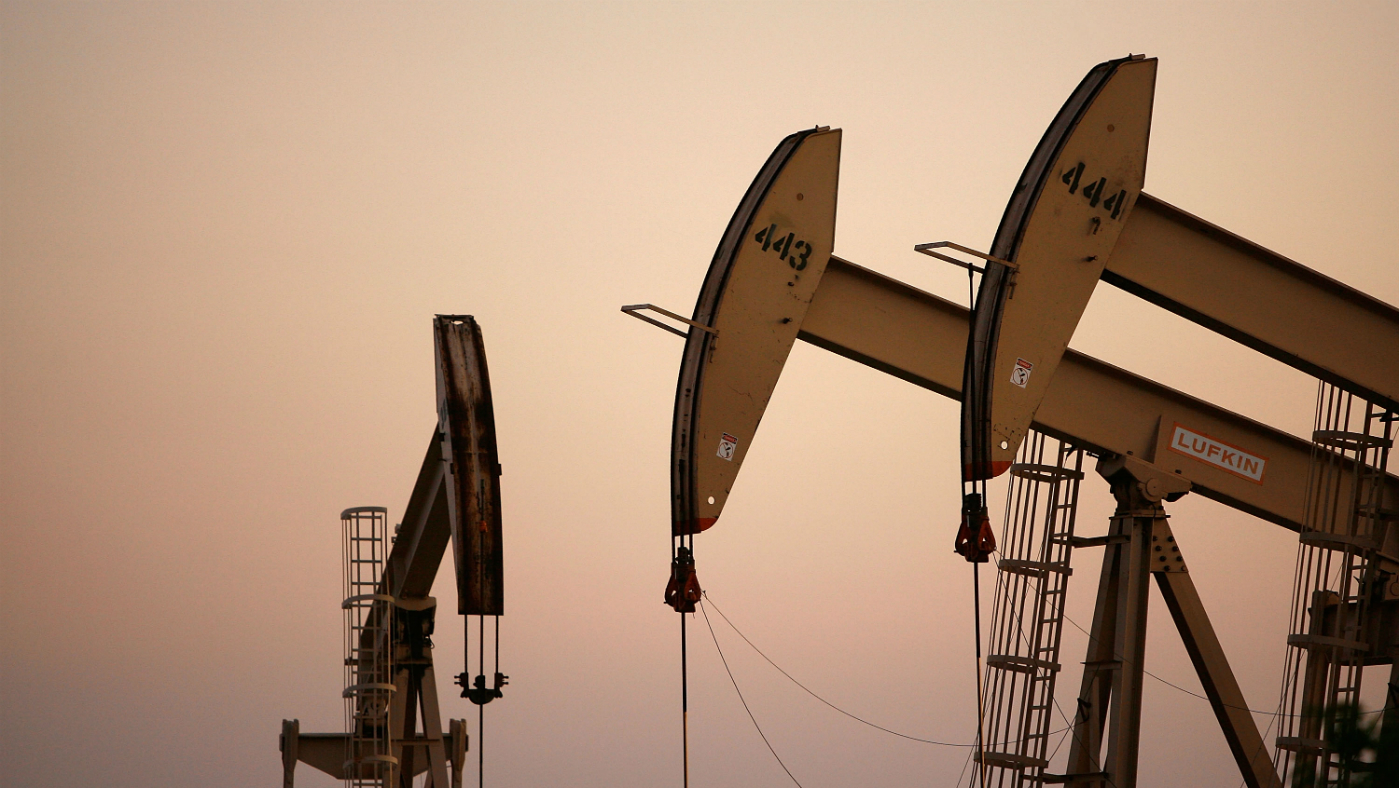 What do negative oil prices mean?
What do negative oil prices mean?In Depth Perfect storm of oversupply and storage shortages sees producers paying to get rid of US crude